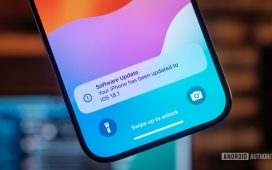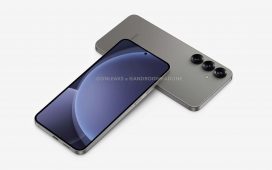Apple has launched a comprehensive study of smart glasses, marking an initial move towards exploring the booming wearable technology category. The project, which insiders have dubbed “Atlas,” started last week and aims to assess the user experience and functionality of current smart glasses on the market.
The initiative involves Apple’s Product Systems Quality team, which works within Apple’s hardware engineering division.
Apple studies the current market for smart glasses
As part of this project, Apple is gathering feedback from its employees on smart glasses available today. This feedback is essential as Apple studies current user expectations, preferences, and challenges associated with existing models. According to sources close to the study, Apple also plans additional focus groups in the coming weeks. These sessions aim to gather in-depth insights, providing data that could influence the design of any future Apple smart glasses, Bloomberg reported.
An internal email from the hardware team emphasized Apple’s commitment to creating products that consumers will value and enjoy. “Testing and developing products that all can come to love is very important to what we do at Apple,” stated the email, which invited employees at Apple’s Cupertino headquarters to join Apple’s study on smart glasses research.
Meta., a notable player in the smart glasses sector, has already entered the space with a partnership with Ray-Ban, launching glasses that allow users to take photos, make calls, and interact with an AI assistant. In contrast, Apple’s study highlights a more cautious approach, suggesting Apple is looking to craft a unique path that could set its product apart from Meta’s offerings. The ongoing Apple study smart glasses project indicates the company may prioritize seamless integration with its ecosystem, similar to the appeal of its AirPods.
Apple’s vision for lightweight wearables
Apple’s recent research initiatives, including an app for tracking blood sugar levels, indicate its interest in health and lifestyle enhancements through wearable technology. However, while the Vision Pro headset introduced earlier this year offers advanced features, its bulk and high price limit mainstream appeal. Apple’s current study may be a step toward developing lighter, more accessible smart glasses that could serve as an everyday device.
For now, it remains uncertain when or if Apple will officially introduce a smart glasses product. However, with fellow technology-driven competitors like Meta and Snap moving forward, Apple’s continued exploration could pave the way for a competitive entry into the smart glasses market in the years to come.







